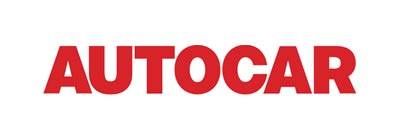Market Value Clause
If you purchase a GAP policy with one of these clauses and your Comprehensive insurer pays less than the Glass’s Guide Retail Value or similar in the event of a total loss, you could be left with a financial shortfall. Your GAP insurer is only obliged to pay from the market value not the payment you actually received from your motor insurer.
Free Transfer
Most GAP policies expire when the applicable vehicle is sold. If you change your vehicle at any point a good GAP policy will let you transfer any unused premium free of charge and deduct this from the price of a policy on your new vehicle. This is a broker offering from ALA and demonstrates our commitment to providing the best customer service.
Maximum Value Clause
This is another clause to avoid. This places a cap of between 100% and 110% of the Glass’s Guide Retail Value of a standard vehicle which may mean that the added extras you’ve paid for won’t be covered by your GAP policy.
Time Limit for making a Claim
A good GAP policy will give you plenty of time to make a claim, accounting for the possibility that there can be delays when your car has been written off. A policy which gives you 120 days to claim rather than just a standard 30 gives you a bit more breathing space.
FSCS Protected Underwriters
ALA and our underwriters are authorised and regulated by the FCA and as such your policy is covered under the Financial Services Compensation Scheme (FSCS) and the Financial Ombudsman Service (FOS).
Deferred Policies
A number of motor insurers offer new-for-old replacement on brand new vehicles in the first year, encouraging some customers to defer the start of their policy. ALA do not offer deferred policies because during that first year the insurance company can revert back to paying only the market value for various reasons; mileage or condition of the vehicle and in some instances if the vehicle is stolen. It is for these reasons that we suggest that our customers have a GAP policy running alongside this new-for-old period, as we promise to bridge the gap if they settle at market value or transfer the unused premium to a new policy if their comprehensive insurer replaces their vehicle in the first year.
Other things to look out for:
The GAP policy pays up to £250 towards the comprehensive insurance excess in the event of a claim.
The company does not charge administration fees for changes to personal details, registration numbers etc.
The policy covers all manufacturer extras that appear on the original invoice.
Whilst the FCA recommends at least 14 days, good providers offer a 30 day cooling off period.
Policies can be purchased up to 365 days after the car has been purchased.
It is important that you know of all of these factors when purchasing a GAP Insurance policy to ensure you are getting the best policy you can when parting with your hard earned cash.



